Inclusion
Inclusion means that people with disabilities (special educational needs or specific learning difficulties) are entitled to the same access to the primary curriculum as people without them. In this section, you will find resources useful for improving inclusion across the primary history curriculum.
Sort by:
Date (Newest first) | Title A-Z
Show:
All |
Articles |
Podcasts |
Multipage Articles
-

Assessment and Progression without levels
ArticleClick to view -
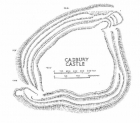
Case Study: Working with gifted and talented children at an Iron Age hill fort in north Somerset
ArticleClick to view -

Differentiation: Gifted and Talented
ArticleClick to view -

Dimensions Of Britishness: Cultural Diversity and Ethnicity
ArticleClick to view -
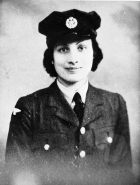
Diversity and the History Curriculum
ArticleClick to view -
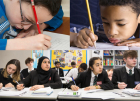
Education White Paper and SEND Review 2022
31st March 2022Click to view -

Exploring empire, artefacts and local history
ArticleClick to view -
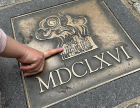
Exploring the Great Fire of London and Deaf history
ArticleClick to view -

Film series: History and SEND
Multipage ArticleClick to view -

Getting Started: The identification of gifted historians
ArticleClick to view -

History and SEND: free taster films
ArticleClick to view -

History and identity
ArticleClick to view -

Ideas for assemblies: LGBT History Month
ArticleClick to view -

Ideas for assemblies: significant women in history
ArticleClick to view -

Including the Muslim Contribution in the National Curriculum for History
ArticleClick to view -

Inclusion, diversity and the national curriculum: Are things better than they were?
ArticleClick to view -
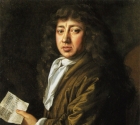
KS1: Teaching about significant individuals
ArticleClick to view -

Migration to Britain through time
ArticleClick to view -

Muslim soldiers in World War I
ArticleClick to view -
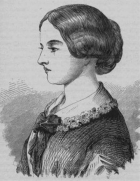
OFSTED, primary history and creativity
ArticleClick to view


